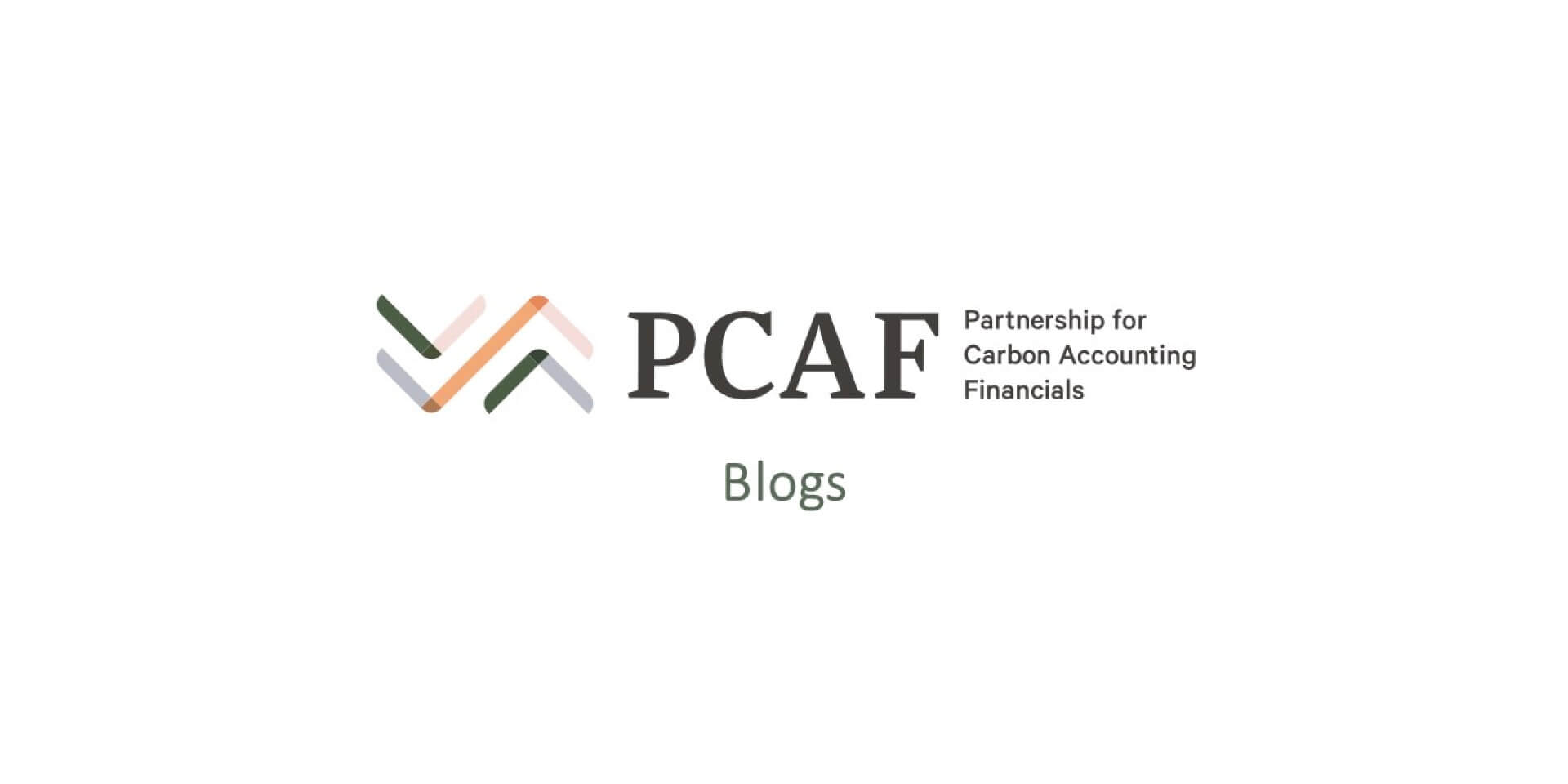
By Chris Snyder, North American Lead, PCAF Secretariat
On March 21, 2022, the SEC released its long-awaited proposed rule for climate-related financial disclosures. As expected, these requirements, if adopted, will have a significant impact on financial institutions. As an industry-led initiative, the Partnership for Carbon Accounting Financials (PCAF) will be critical in helping financial institutions fulfill their obligations under the proposed rule.
The proposed rule is modeled on the recommendations of the Task Force on Climate-related Financial Disclosures (TCFD) and would require registrants to disclose climate-related risks and specific as well as specific information relating to those risks. This would include, for instance, governance processes, metrics on financial statement impacts, and information related to climate-related targets and transition plans. Importantly, the proposed rule would require registrants to disclose their Scope 1 and 2 greenhouse gas (GHG) emissions and, if material or included in the company’s target setting, Scope 3 GHG emissions. The proposed rule notes that, for financial institutions, disclosure of Scope 3 emissions will likely include the institution’s financed emissions. This is in fact consistent both with where the industry is already headed and with the global trend of regulators requiring more comprehensive climate disclosures.
The proposed rule would not come into effect until December 2022 at the earliest, and the requirements would be phased such that the first set of required disclosures would cover fiscal year 2023. Nonetheless, financial institutions may want to take stock now to better position themselves to meet the SEC’s standards when the time comes. Many industry players have already begun this journey. More than 230 financial institutions, including over 30 in the U.S., have already joined PCAF, a global industry-led initiative to standardize the measurement and disclosure of financed emissions. For financial institutions that are in the process of developing their Net Zero pathway and face the challenge of reporting their progress to the SEC and other regulators, PCAF and its Global Standard can provide relevant methodologies to facilitate compliance in an evolving regulatory landscape. Indeed, the proposed rule itself, while stopping short of requiring a particular methodology, specifically noted that PCAF complements the protocol on which the SEC based its GHG disclosure requirements and has been used by financial institutions requiring support in the calculation of financed emissions.
PCAF represents the first step in a financial institution’s climate risk management efforts to measure, manage, and reduce the financed emissions within their portfolios. This facilitates the next steps of target-setting, strategy development, taking action, and disclosure.[1] PCAF has developed standard methodologies across six different asset classes for assessing and disclosing the GHG emissions from their loans and investments. New methodologies for additional asset classes will be included in the forthcoming second version of the Global Standard, including for Sovereign Bonds, Green Bonds, and guidance on GHG emission removals. PCAF also provides useful guidance to financial institutions regarding data management, one of the biggest challenges they face as they seek to assess their current level of financed emissions. Specifically, PCAF provides in-depth guidance on managing data limitations, including the use of estimated or proxy data where reported data is not available, data quality scoring for increased transparency, and data quality improvements in both the medium- and long-term.
Between investor pressure, public sentiment regarding sustainability, and now, regulatory requirements, financial institutions are incentivized to start making their portfolios greener, but do not necessarily have all the tools to do so. PCAF’s industry-led and widely adopted Global Standard, as well as access to technical experts and industry leaders in the climate space, will help financial institutions manage climate risk and pave the way to consistent, comparable, and actionable information that is decision-useful for investors and supports compliance with applicable regulatory requirements.
PCAF’s work continues. Financial institutions that participate in PCAF work to expand the methodologies and the tools available for the benefit of all PCAF participants. If you would like more information on PCAF and how to become a participant, please visit our website (www.carbonaccountingfinancials.com) or connect with us at: info@carbonaccountingfinancials.com
[1] https://www.carbonaccountingfinancials.com/newsitem/pcaf-strategic-framework-for-paris-alignment